State officials, civil servants and public employees can be sent to United Nations peacekeeping missions.
According to the National Assembly's Electronic Information Portal, presenting the Draft Law, General Phan Van Giang, Minister of National Defense, said that since 2014, Vietnam has sent more than 1,000 officers and employees of the Ministry of National Defense and the Ministry of Public Security to perform UN peacekeeping missions in the form of units and individuals. These forces have excellently completed their missions, recognized by the Party, State and people, and highly appreciated by the United Nations and the international community. Participating in the UN peacekeeping force has contributed to strengthening international integration, demonstrating that Vietnam is a responsible member, enhancing Vietnam's position and prestige in the international arena.
General Phan Van Giang, Minister of National Defense , presented a summary of the basic content of the draft Law on Participation in United Nations Peacekeeping Forces. (Photo: quochoi.vn) |
The promulgation of the Law project aims to institutionalize the Party's policies and guidelines, regulations in the 2013 Constitution, perfect the legal corridor, ensure consistency in the legal system, and be consistent with the United Nations Charter and international treaties to which Vietnam is a member.
The draft Law consists of 4 chapters and 26 articles, stipulating principles, subjects, forms, and fields; building and deploying forces; ensuring resources, regimes, and policies; international cooperation on UN peacekeeping and the responsibilities of agencies and organizations in participating in the UN peacekeeping force.
According to the Submission, the subjects of application of the Law on Participation in the United Nations Peacekeeping Forces: (1) Officers, professional soldiers, defense workers and civil servants, non-commissioned officers, soldiers and units under the Ministry of National Defense; Officers, professional and technical non-commissioned officers, police workers, soldiers and units under the Ministry of Public Security assigned to participate in the United Nations peacekeeping force; (2) State officials, civil servants and public employees assigned to participate in the United Nations peacekeeping force; (3) Agencies, units, organizations and individuals involved in participating in the United Nations peacekeeping force. |
Notably, in addition to the armed forces, the draft Law for the first time stipulates that civilian forces participate in UN peacekeeping, specifically state officials, civil servants, and public employees. These forces will be equipped with professional technical means to carry out their tasks.
The Minister of National Defense stated: The Government unifies the direction of Vietnamese forces participating in UN peacekeeping operations. The Ministry of National Defense and the Ministry of Public Security directly direct, manage, command, and operate forces participating in UN peacekeeping operations under their management. Ministries, sectors, and localities direct, manage, and operate civilian forces participating in UN peacekeeping operations under their authority.
The National Defense and Security Council decides on the assignment, adjustment, extension of working terms, and withdrawal of armed forces participating in UN peacekeeping operations. The Prime Minister decides on civilian forces. The Minister of National Defense and the Minister of Public Security decide on the withdrawal of forces in case of emergency; decide on the extension of working terms for forces under their authority that are currently performing tasks in the locality...
Clarifying the legal basis for civil subjects
Presenting the Verification Report, Chairman of the National Defense, Security and Foreign Affairs Committee Le Tan Toi said that the Committee agreed on the necessity of promulgating the Law on Participation in the United Nations Peacekeeping Forces to perfect the law on Vietnam's participation in the United Nations Peacekeeping activities. At the same time, it acknowledged Vietnam's increasingly active role in contributing to the noble mission of the United Nations.
Chairman of the National Defense, Security and Foreign Affairs Committee Le Tan Toi presented the Summary Report on the Review of the Draft Law. (Photo: quochoi.vn) |
However, the Committee recommends that the drafting agency continue to review and clarify the political, legal and practical basis for the regulation of civilian subjects as cadres, civil servants and public employees of the State sent to participate in the United Nations peacekeeping force; the "commanding role of the President" in sending civilian forces to participate in the United Nations peacekeeping force to ensure constitutionality and consistency in the legal system.
The Committee also requested the drafting agency to study opinions on Vietnamese forces participating in UN peacekeeping activities (Article 12); selection of forces participating in UN peacekeeping activities (Article 13) to make strict, appropriate and convenient regulations for implementation. Requested the drafting agency to study opinions on direction, management, command and operation of Vietnamese forces participating in UN peacekeeping activities (Article 17); rotation and replacement procedures (Article 21) to revise the draft Law accordingly.
Some opinions suggested studying and supplementing regulations on regimes and policies for individuals whose health is affected or who become ill after completing their mission, determined to be caused by the process of performing their mission to participate in the UN peacekeeping force. At the same time, there should be preferential and incentive policies for female forces; supplementing regulations on regimes and policies for building forces serving the work of training, coaching, and managing the UN peacekeeping force.
"The Government has promptly and seriously implemented the Conclusion of the National Assembly Standing Committee. The draft Law dossier has been carefully prepared and of high quality. Therefore, the proposal for the National Assembly to consider and pass the Law at the 9th Session of the 15th National Assembly is well-founded," Mr. Le Tan Toi stated.
Source: https://thoidai.com.vn/de-xuat-can-bo-cong-chuc-nha-nuoc-duoc-tham-gia-luc-luong-gin-giu-hoa-binh-cua-lien-hop-quoc-213517.html


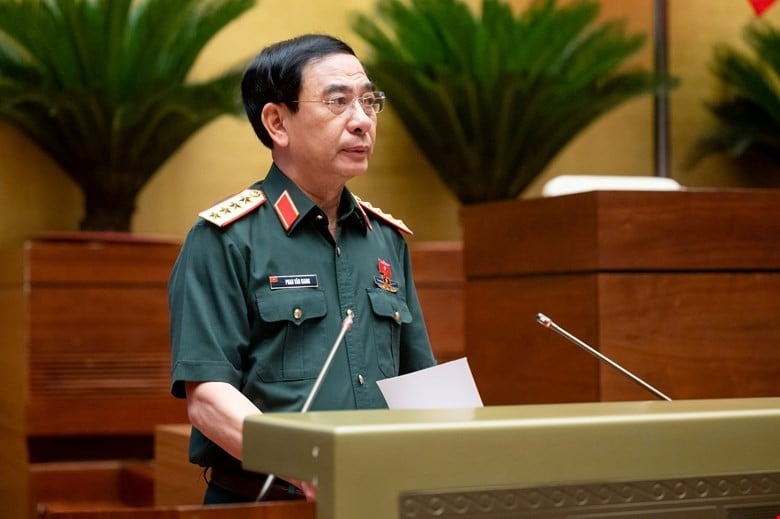
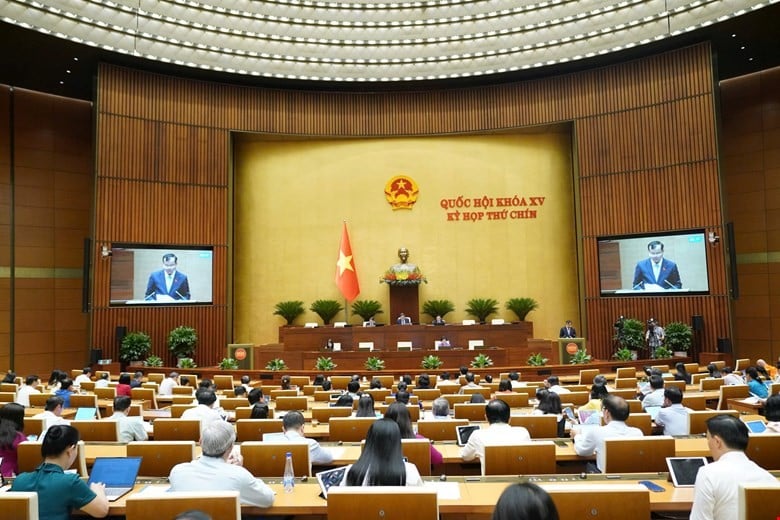

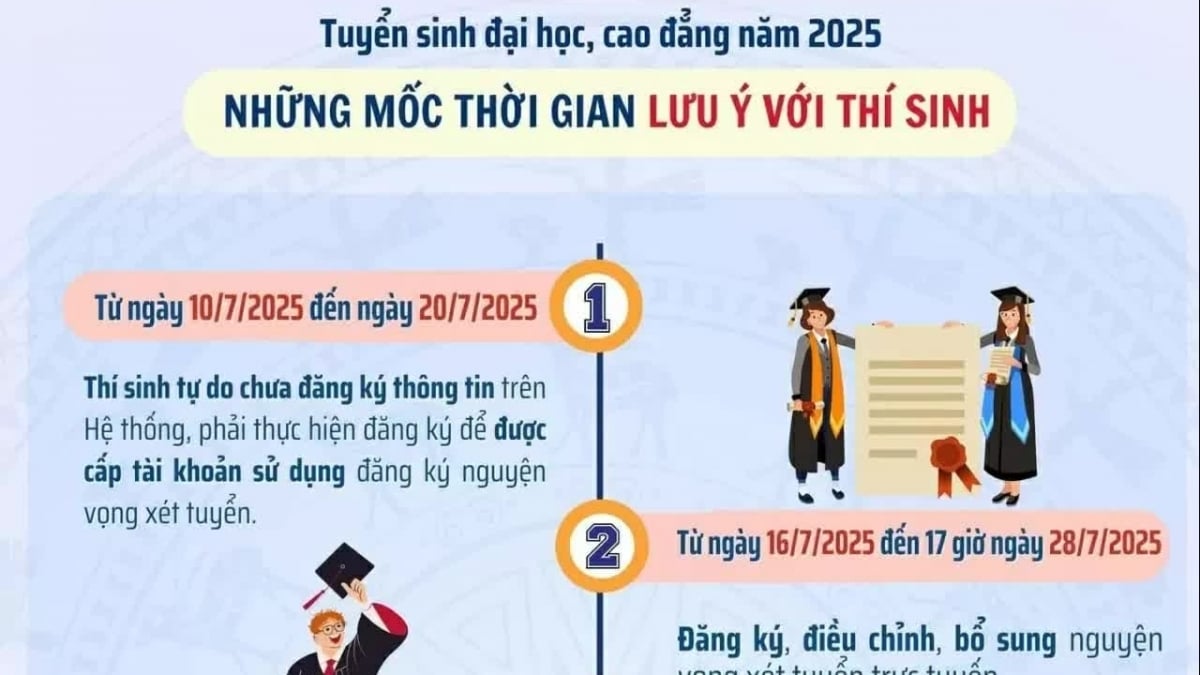
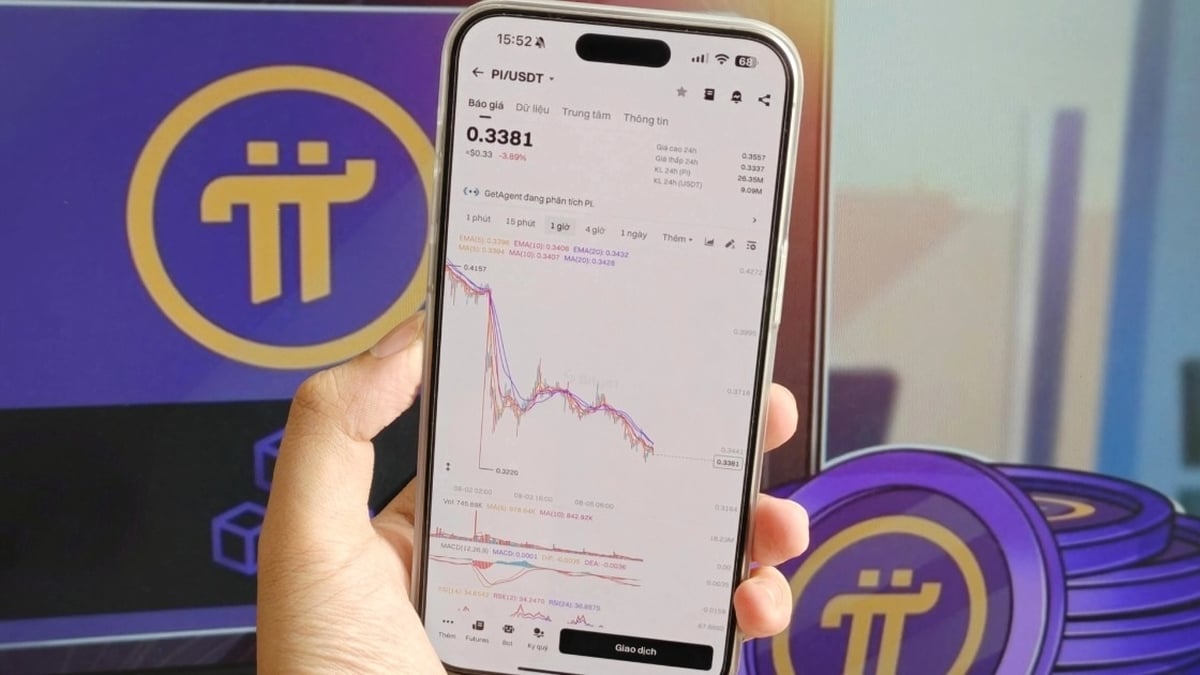
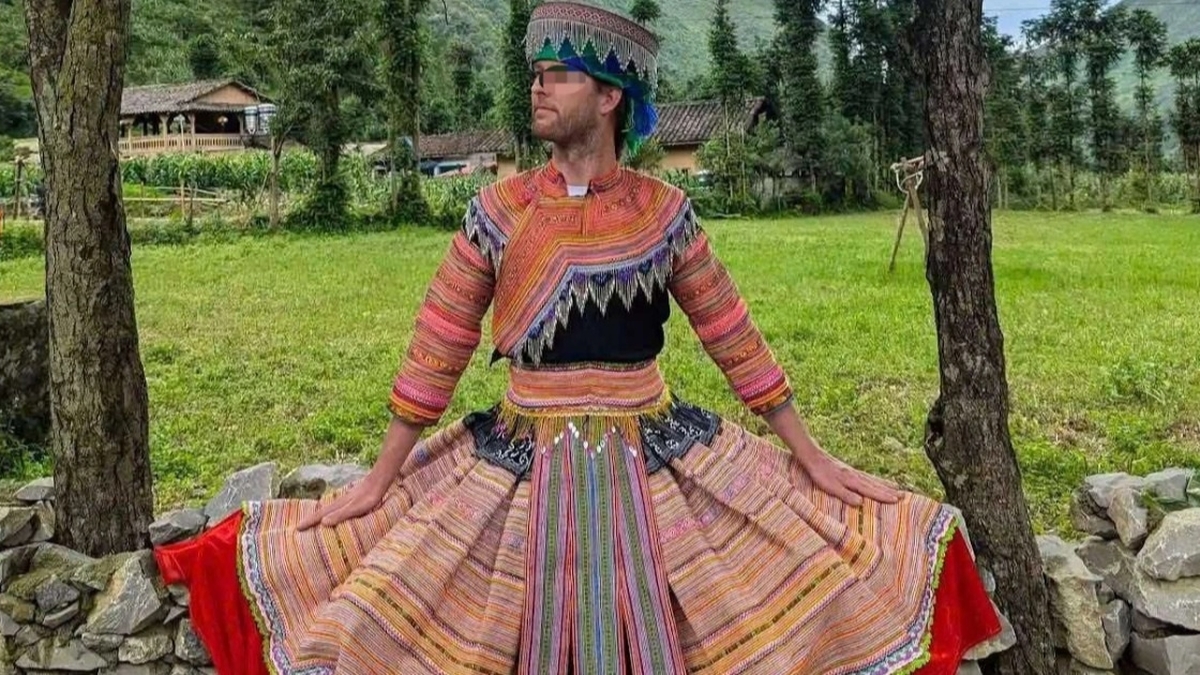
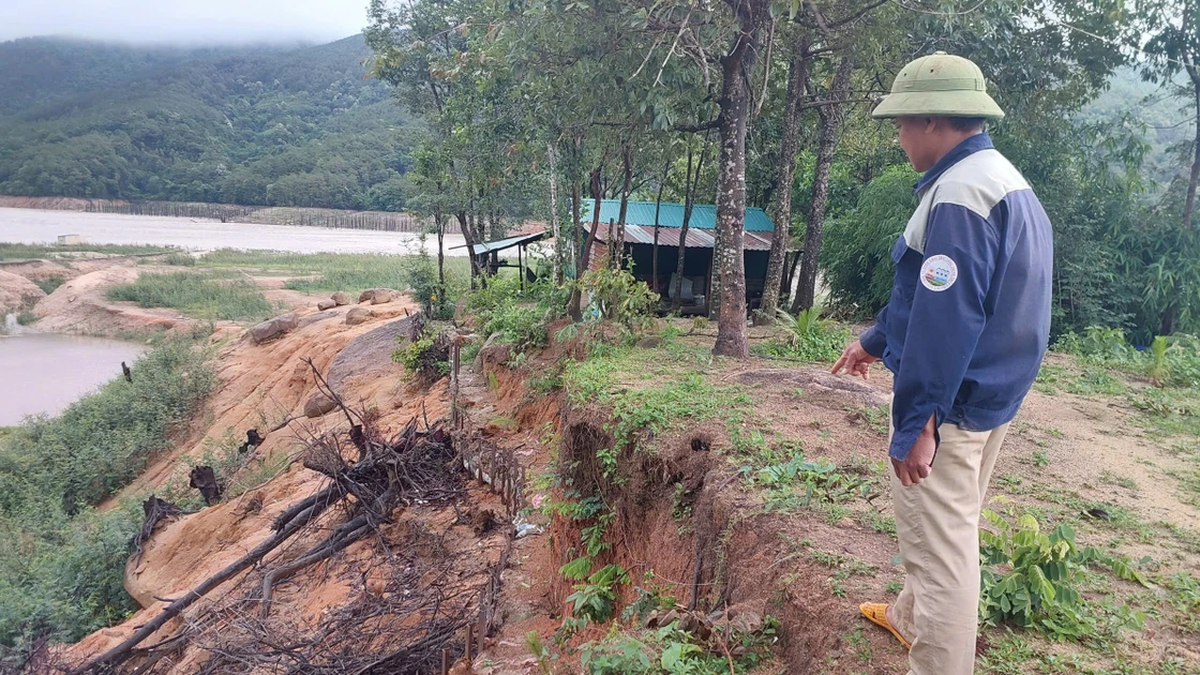
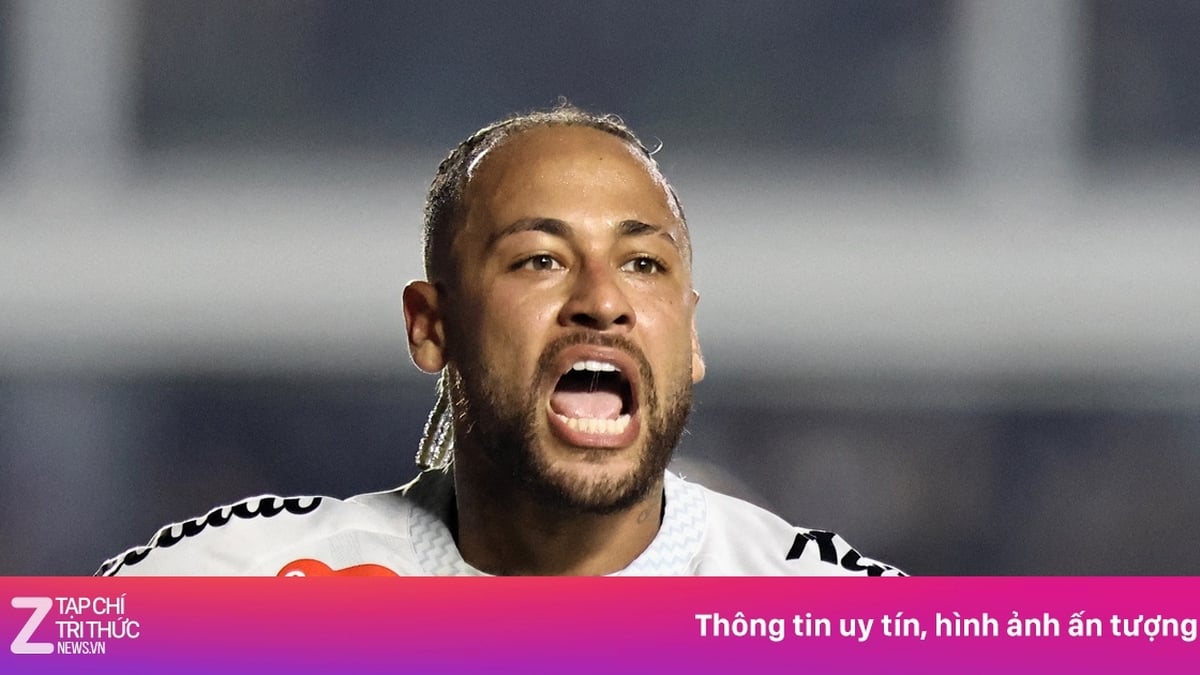
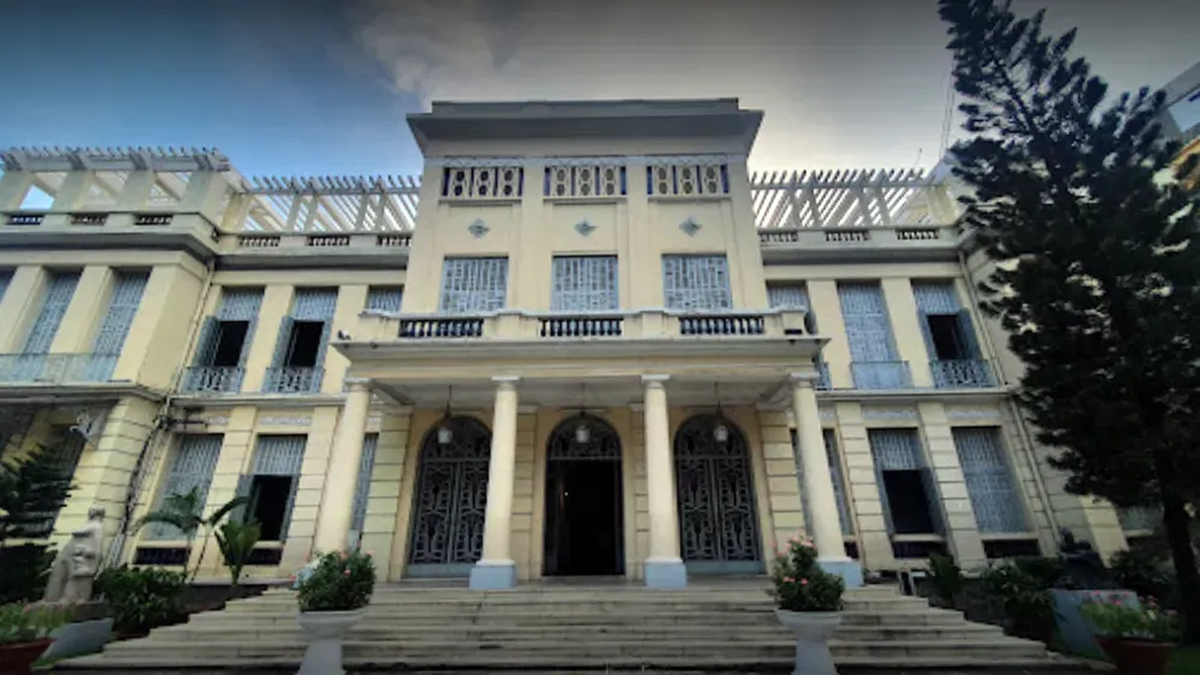
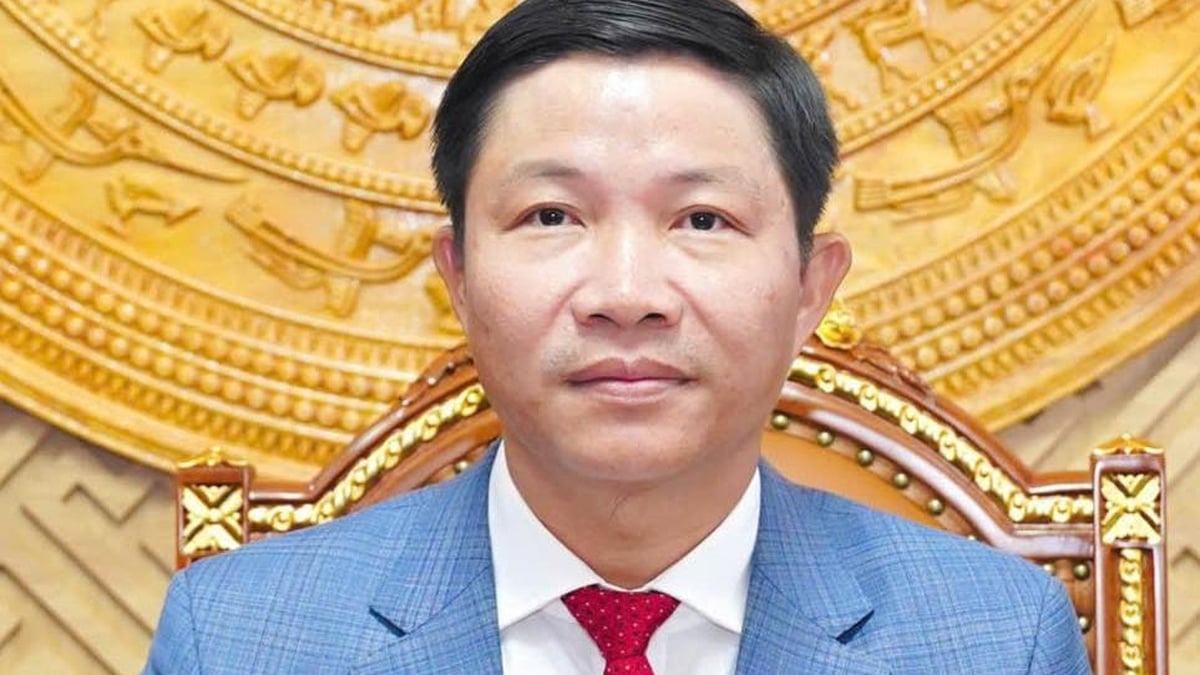

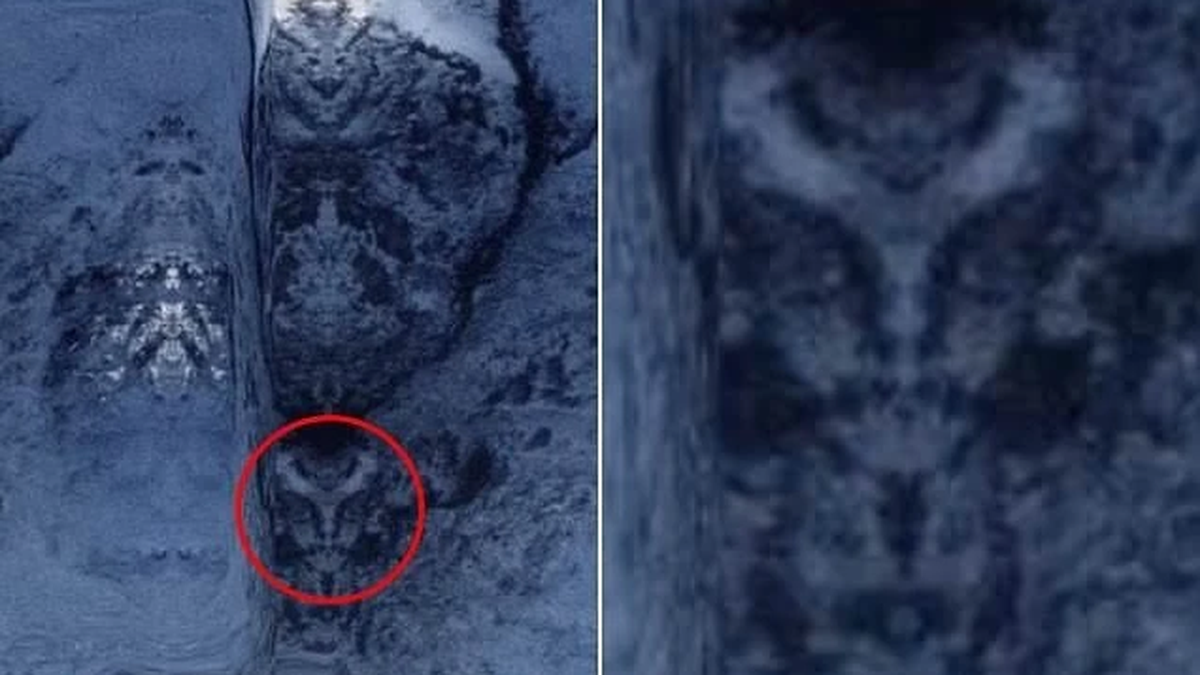













![[Photo] Nghe An: Provincial Road 543D seriously eroded due to floods](https://vphoto.vietnam.vn/thumb/1200x675/vietnam/resource/IMAGE/2025/8/5/5759d3837c26428799f6d929fa274493)




![[Photo] Discover the "wonder" under the sea of Gia Lai](https://vphoto.vietnam.vn/thumb/1200x675/vietnam/resource/IMAGE/2025/8/6/befd4a58bb1245419e86ebe353525f97)

























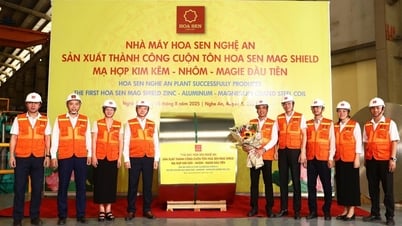


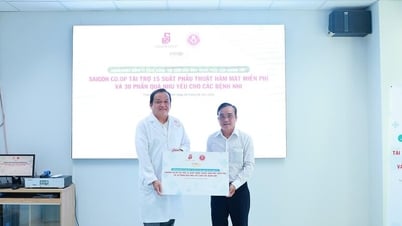

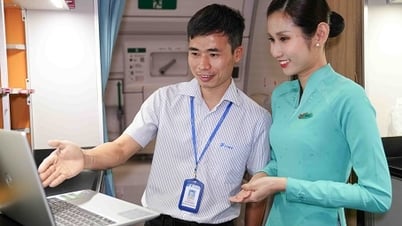
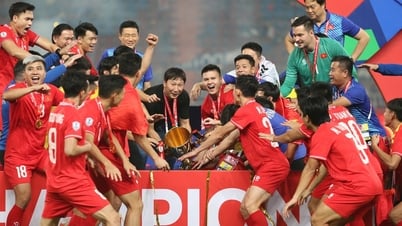
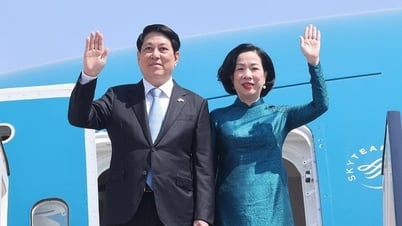


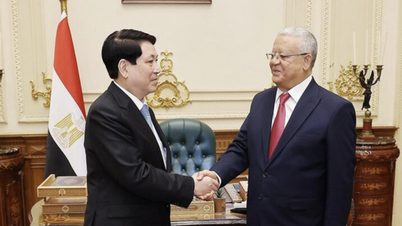



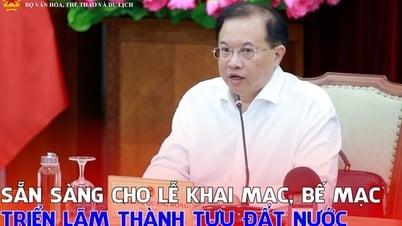
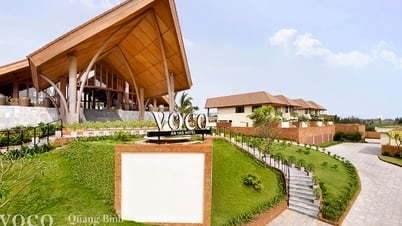
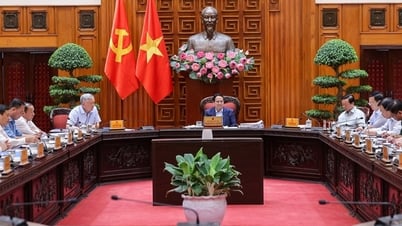
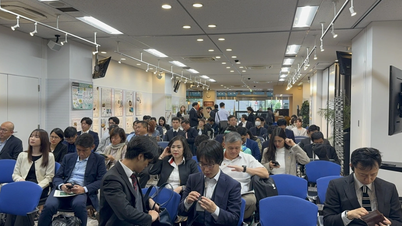

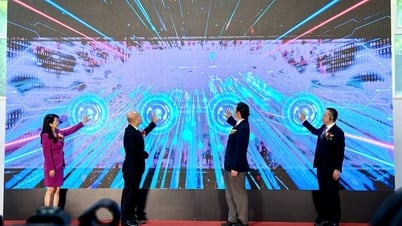
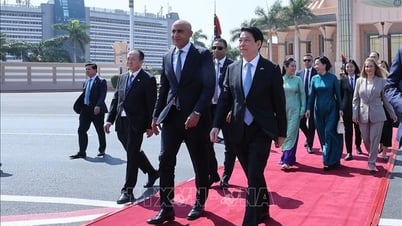

















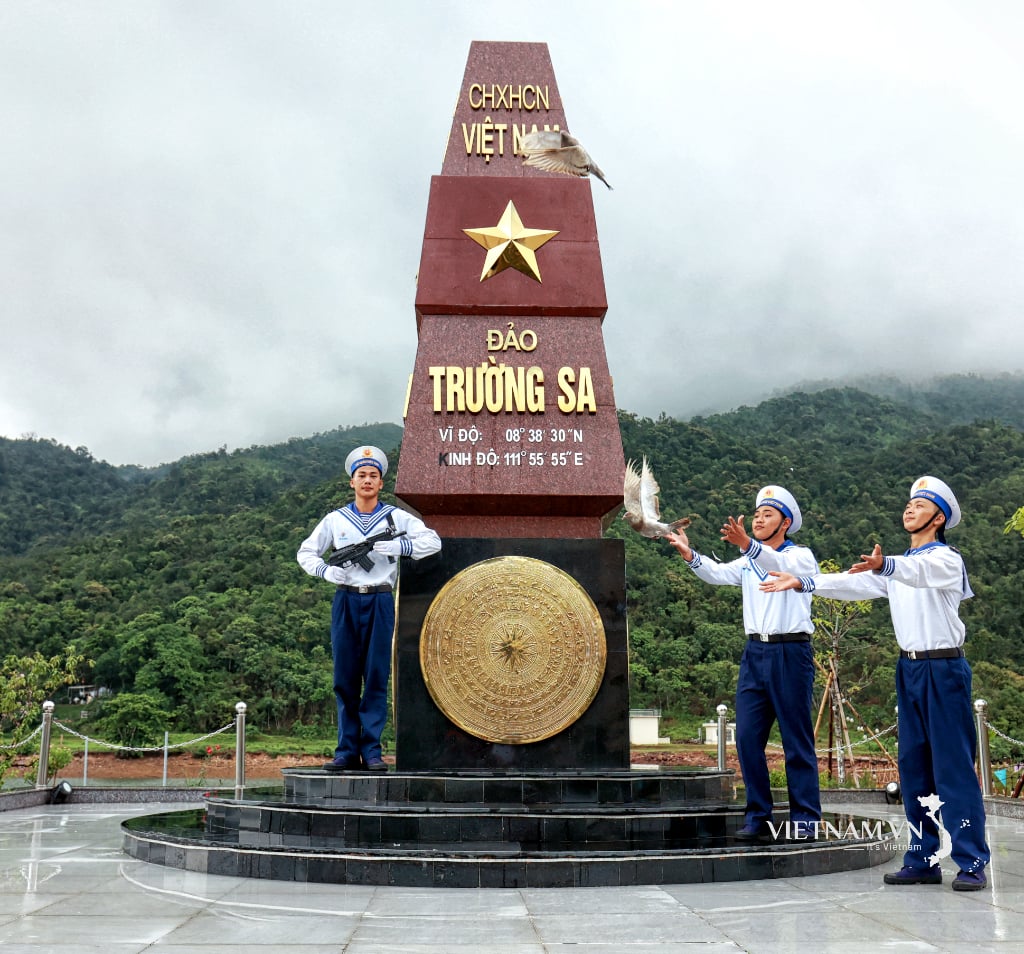


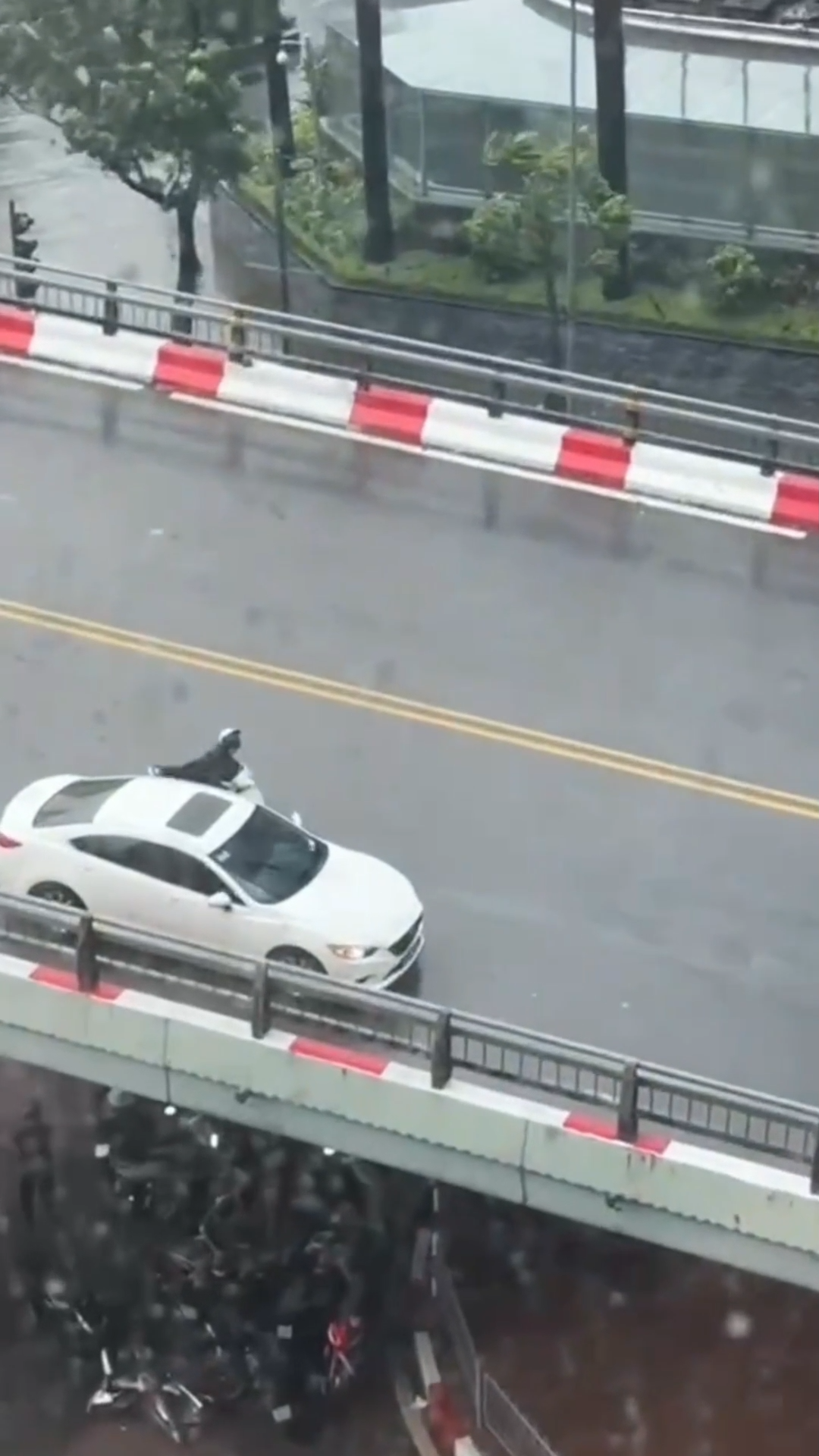
Comment (0)